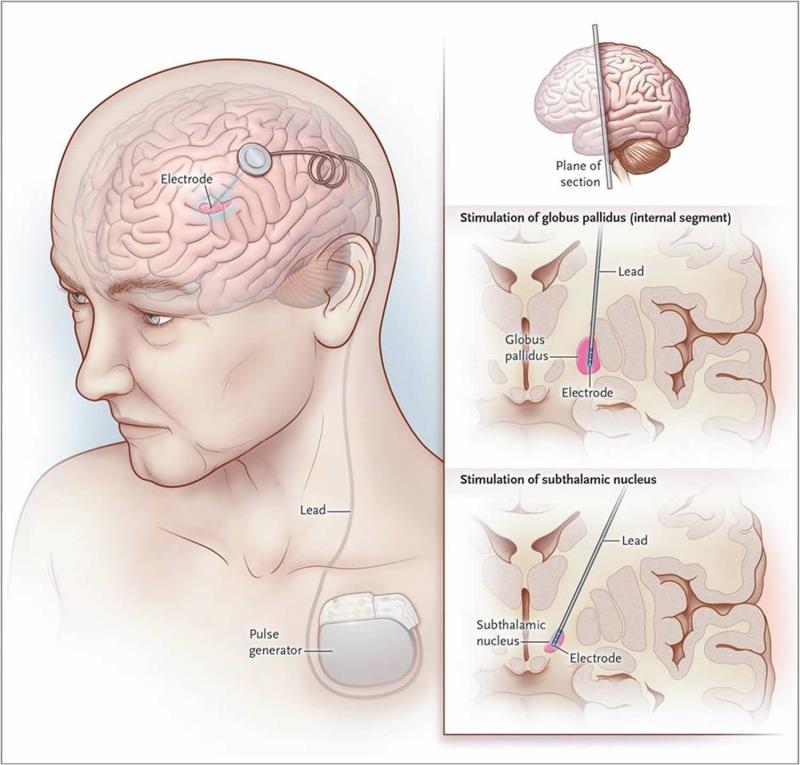
Deep brain stimulation (DBS) of the ventral anterior limb of the internal capsule (vALIC) is well tolerated and effective for patients with treatment-refractory obsessive-compulsive disorder (OCD), a recent study has shown.
Bilateral DBS of the vALIC was performed in 70 consecutive patients, including 16 participants from a previous trial, between April 2005 and October 2017. Patients were followed for 12 months.
The investigators evaluated its primary effectiveness using the change in scores on the Yale-Brown Obsessive Compulsive Scale (Y-BOCS) from baseline until the 12-month follow-up. Response was defined by a decrease of ≥35 percent in Y-BOCS score, partial response by a decrease of 25–34 percent, and nonresponse by a decrease of <25 percent.
Secondary effectiveness was assessed using the Hamilton Anxiety Rating Scale (HAM-A) and the Hamilton Depression Rating Scale (HAM-D).
Twelve months of DBS led to a substantial reduction in all Y-BOCS, HAM-A and HAM-D scores. Y-BOCS score decreased by a mean of 13.5 points (40-percent reduction; effect size, 1.5), while HAM-A and HAM-D scores decreased by 13.4 points (55-percent reduction; effect size, 1.4) and 11.2 points (54-percent reduction; effect size, 1.3), respectively.
Of the 70 patients, 36 (52 percent) were categorized as responders, 12 (17 percent) as partial responders and 22 (31 percent) as nonresponders at the 12-month follow-up. Adverse events including transient symptoms of hypomania, agitation, impulsivity and sleeping disorders were reported.
“DBS is an effective treatment option for patients with refractory OCD,” the investigators said. “However, clinical experience with DBS for OCD remains limited.”